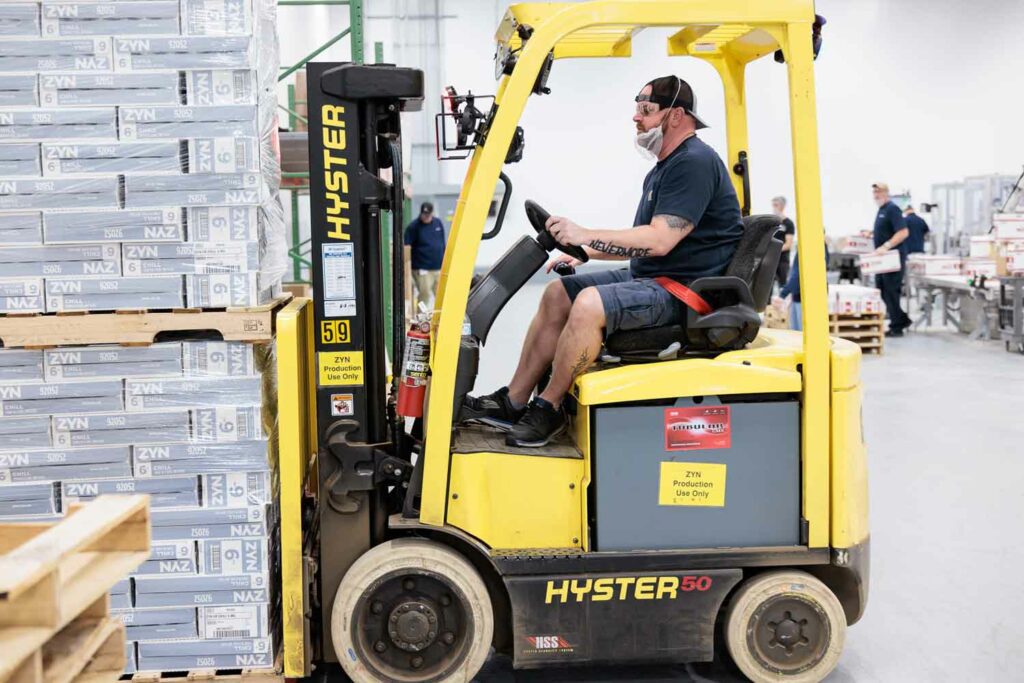Active-duty U.S. Army soldiers are nearly 10 times more likely to use nicotine pouches than civilians, heightening their long-term risk for cancer, according to a University of Virginia (UVA) study. Researchers, in collaboration with Fort Liberty Public Health and the University of North Carolina, surveyed 2,000 soldiers and found that 25% had used nicotine pouches in the past month, compared to less than 3% of the civilian population.
“Military personnel historically use tobacco and nicotine products at much higher rates than civilians,” said Melissa Little, director of UVA’s Center for Nicotine and Tobacco Research. The study highlights the dangers of nicotine pouches, which contain synthetic nicotine, bypass traditional tobacco regulations, and are often flavored to appeal to younger users. Unlike traditional chewing tobacco, pouch users swallow the juice, raising concerns about excessive nicotine consumption.
Nicotine pouches are often used by soldiers as a discreet alternative to smoking, especially given restrictions on smoking, vaping, and chewing tobacco in Department of Defense facilities. Soldiers also turn to pouches during long field exercises to suppress hunger and stay alert, said Army Capt. Nicholas Hassell.
The study found nicotine pouch users were predominantly young, male, white, and unmarried, with many also using other tobacco products. As 200,000 soldiers transition to civilian life each year, researchers emphasize the importance of addressing nicotine addiction early. “Providing military personnel with tools to lead healthy lives is the best way we can give back,” said Little, adding that tailored interventions for military personnel are in development.











